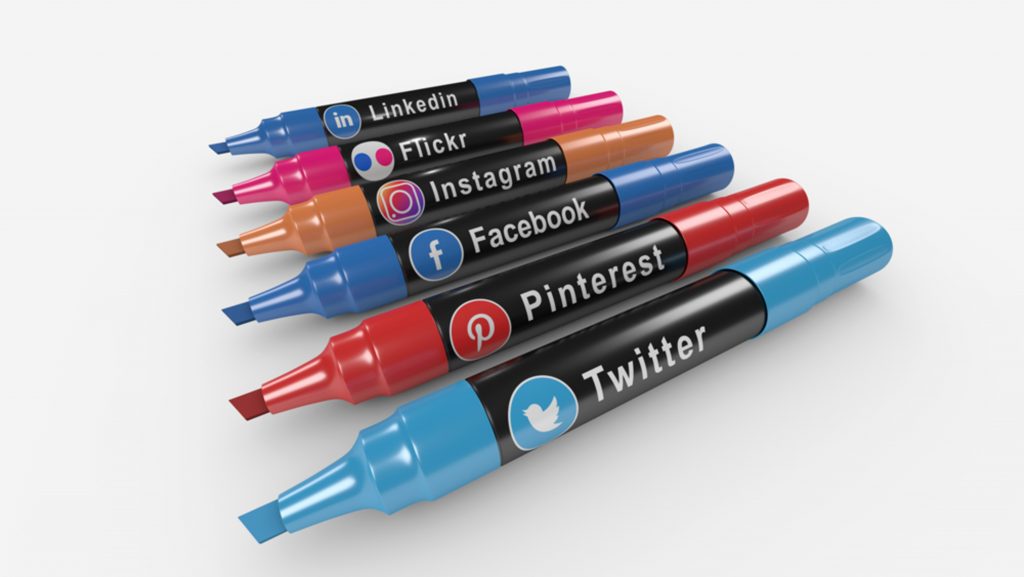Social media for me is essential. It brings me work, it brings me a virtual team and it enables me to stay up to date. I love it for personal and business reasons. It has connected me to a community of other nutrition professionals who I would probably never had met otherwise. I have daily chats with people about the current research, I can ask questions and support others, I can share resources and collaborate with them.
But at the same time social media can be a tough place to be. The nutrition world has become a crazy place. There are people with no training in nutrition publishing books and becoming the got-to for advice. There are highly qualified and respected experts getting caught up in social media wars. I can completely understand why some people stay away from it altogether.

Here are some things I am thankful for on social media:
Dietitian’s and registered nutritionists are trained to read the research and interpret it. That may sound simple but there can be many ways to interpret one piece of research. I’m thankful for people who share research, those who give an unbiased view, those who answer questions and help when others need a clearer answer or more research to back up a view.
A virtual community who are supportive, forward thinking and inspire me. Working as a freelancer I don’t actually see other dietitian’s that often. To all those who are on the cutting edge with popdcasts, videos, infographics – thankyou.
People who get in contact to just say nice things. Those who notice and say hi, those who comment on a blog post or a recipe. It is appreciated.
Things that I wish I could change on social media:
The sniping and fighting that goes on. There is not one perfect answer, or one perfect diet. So maybe sometimes we have to agree to disagree.
Promoting of books and money making schemes over the science. It can be all too easy to think that just because someone has a book contract it makes them an expert. There are too many arguments about who is the expert. Personally I would say look at someone’s qualifications. If they are talking about nutrition have they actually studied nutrition?
Black and white thinking. Social media only provides you with a small number of characters or a snapshot moment to present your point. This can mean that things become black or white, you end up having to take a side. Nutrition is a fairly new science and we are learning so much all of the time, with new research coming out tat is adding to our evidence. Therefore we do not have absolutes, what we do have is a base of science that we build upon.
If you are a nutrition professional I do think you need to be on social media, sharing accurate messages, supporting your profession and keeping up with the world on there. How we group together and fight these battles that go on is not something I can answer but I do know it needs to be co-ordinated and professional.
Excellent. Up-to-date and succinct, professional and truthful. We have similar pros and cons on the subject of allergy. Emotions & opinion can quickly turn a conversation sour. Collaboration, networking, catching up on research and supporting colleagues as well as giving general advice to clients/patients are all good reasons to be on SoMe.
Thanks for sharing your work.
A
As a student of dietetics who is pondering the benefits and possible consequences of social media involvement, this article is both a wake up call, and an inspiration
Thank you
Thankyou for your comment, it is great to know you found the post so helpful and inspiration, I appreciate it!